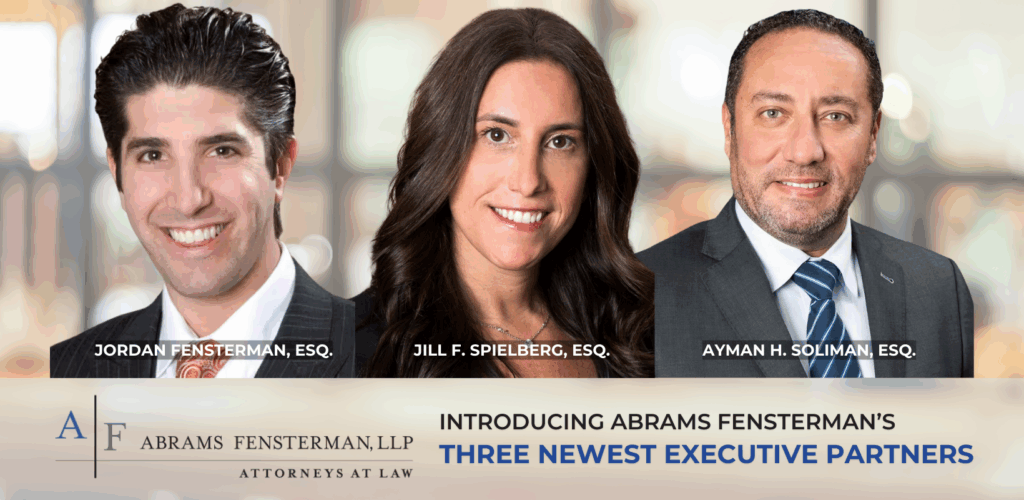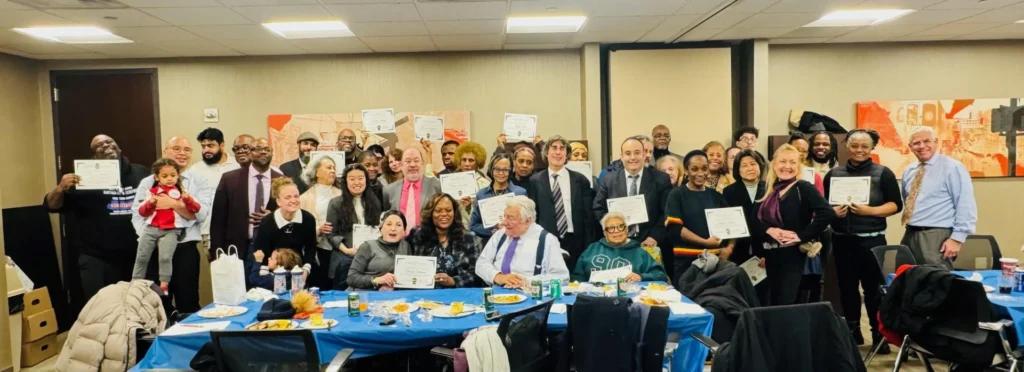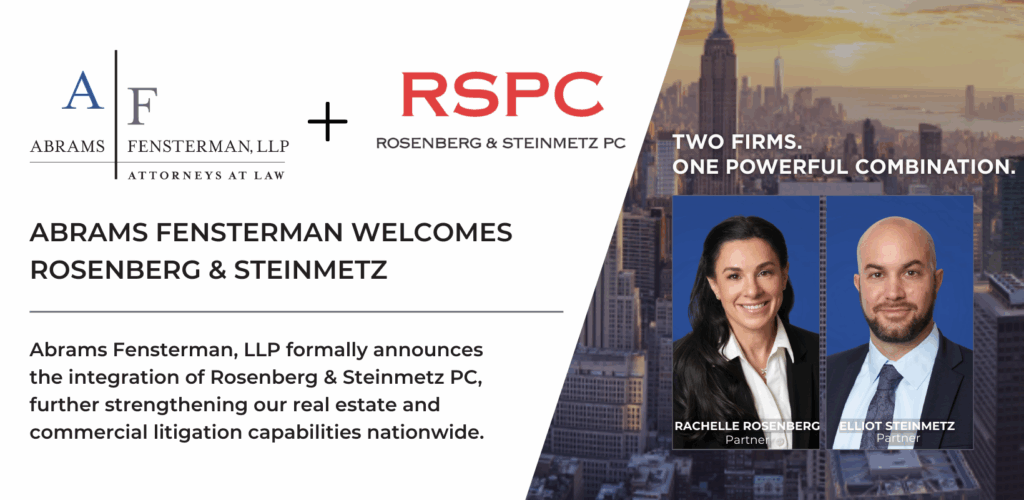Lawyers have never been immune from scrutiny by law enforcement. It has not been unusual to see prosecutors, particularly in the federal arena, probing the conduct of litigation and criminal defense attorneys to determine the lawyers’ potential involvement in their clients’ suspected criminal conduct. As a result of the well publicized corporate scandals that began with Enron and continue to this day with the subprime mortgage industry scandals, the conduct of in-house and transactional business lawyers has come more and more under the prosecutorial microscope.
Law enforcement’s response to the continued corporate scandals has been the emergence of numerous investigations and criminal prosecutions of transactional attorneys in the banking, insurance, securities, tax and health care areas. Prosecutors seem to be betting that, by going after lawyers who review and ultimately “bless” the transactions that prosecutors consider illegal, and raising the stakes by threatening lawyers with jail and loss of their license if convicted, business lawyers will be forced to be more conservative in the advice that they give to their employers and clients, and businesses will have no choice but to curb or stop completely practices that the government considers illegal or unethical.
With increasing frequency, federal prosecutors have followed through on their threats to prosecute business lawyers. According to a report that the American Bar Association issued in October 2007, at least 25 in-house attorneys have faced federal criminal prosecution since Congress passed the Sarbanes-Oxley Act in 2002. Of More than 1,200 convictions gained in the last six years by the federal Corporate Fraud Task Force created after Enron, at least 23 were of corporate attorneys. State prosecutors have not remained idle, either. In New York, the New York State Attorney General and the Manhattan District Attorney, among others, have been very aggressive in investigating corporate attorneys involved in what those offices perceive to be questionable business transactions in the banking, insurance, health care and securities industries.
In-house counsel work in a very fast-paced business environment where the stakes are raised because millions of dollars are regularly at issue and the questions presented can be very complicated. Corporate attorneys are often asked by company executives or their bosses to review and approve transactions that the attorneys suspect are potentially problematic. In this current prosecutorial climate, it would be suicidal for in-house attorneys to simply “go along with the plan”
Either to please the boss or for fear of losing their well-paid positions in the company. When in-house counsel is pushed to play ball, his or her solution can be to look the other way and do nothing affirmatively to stop the misconduct. That approach can be disastrous. Indeed, when an in-house attorney allows his or her judgment to be compromised, and in so doing collaborates in wrongdoing or becomes “willfully blind” to what is happening, he or she will find himself or herself in serious criminal trouble.
“Prosecutors seem to be betting that, by going after lawyers who review and ultimately ‘bless’ the transactions that prosecutors consider illegal … business lawyers will be forced to be more conservative in the advice that they give to their employers and clients, and businesses will have no choice but to curb or stop completely practices that the government considers illegal or unethical.”
Recent Prosecutions of In-House and Corporate Counsel
On July 13, 2007, a Chicago federal jury convicted Conrad Black, the former Chairman of Hollinger International, Inc., of various mail and wire fraud charges. The same jury also convicted Mark Kipnis, an in-house attorney who worked for Hollinger in Chicago, on three counts of having committed mail fraud.
Prosecutors accused Kipnis, Hollinger’s former chief in-house corporate counsel, of facilitating a series of business transactions that wrongfully put millions of dollars in his co-defendants’ pockets. Specifically, he was accused of drafting a number of noncompete agreements connected with the sale of Hollinger publications. Accounts of the trial revealed that, from 1999 to 2001, Chicago-based Hollinger, now known as Sun-Times Media Group, Inc., sold off hundreds of community newspapers to concentrate on its main publications. Prosecutors claimed that these deals were set up to extract a fee from buyers in exchange for a pledge from Hollinger that it would not compete against its former properties in the future. Prosecutors presented evidence that millions of dollars in noncompete fees went to an entity that Black and others controlled. Prosecutors argued that Hollinger’s shareholders were cheated, because the fees should have gone to the company instead.
Kipnis’s defense attorney argued that Kipnis was a dedicated company lawyer who was simply in over his head when he became Hollinger’s corporate counsel. He argued that Kipnis followed orders from his employer and relied, as he was told that he could, on the advice of outside counsel regarding the legality of the agreements that he had drafted. The prosecutors never accused Kipnis of conceiving the fraudulent scheme but argued that, as the lawyer who drafted the noncompete agreements, Kipnis played a critical role in the scheme and it did not matter that he was implementing other people’s decisions as opposed to running the show. It also did not matter that Kipnis received no money from the scheme. In essence, Kipnis was prosecuted and convicted for being an enabler of business transactions that the government claimed he knew were illegal.
Noncompete agreements like those in the Hollinger case can serve legitimate business purposes. Corporate attorneys have always said that they should not be presumed to know everything just because they prepared the transactional documents. However, when as in the Hollinger case, the attorney’s role in drafting the questionable agreements is extensive, it is very hard to convince a jury that the lawyer did not know or suspect that there was a problem. The Hollinger jury’s decision to criminalize an in-house attorney’s failure to ask questions of his employer or client, or to rely on outside counsel to tell him or her if there was a problem, should be very frightening to every corporate attorney in America. Kipnis avoided going to jail, and was sentenced to five years probation, including six months of electronically monitored home detention. However, his career as an attorney is over.
In 2008, Robert Graham, associate general counsel at General Re Corp., was indicted by a federal grand jury in Connecticut? He was charged with engaging in a fraudulent scheme to help American International Group Inc. (AIG) to structure a sham reinsurance transaction. The transaction made it appear as if Gen Re was buying reinsurance from MG, one of its frequent customers, in order to make it seem as if AIG had increased its loss reserves by $250 million in the fourth quarter of 2000 and by an additional $250 million in the first quarter of 2001. According to the prosecution, AIG needed the deal to dupe investors into believing that AIG was in better financial shape than it really was. Prosecutors claimed that Graham drafted the contracts for the transaction even though he knew that the transaction was fraudulent and then tried to hide the evidence.
According to the government it was the AIG Chairman who initiated the deal with Gen Re. However, Graham participated in phone calls discussing the deal, drafted two contracts in which Gen Re appears to pay AIG millions for reinsurance, and knew that the contracts were phony. In addition, the government presented evidence that Graham created a paper trail to deceive auditors and make it appear as if Gen Re, and not AIG, had commenced the transaction.
Graham’s defense centered on the argument that this type of deal was common in the reinsurance business and that Graham always thought that the transaction was legal. However, the prosecution produced an e-mail from Graham to Gen Re’s general counsel, which the prosecution contended showed that Graham knew that the deal was a sham. Graham argued that the e-mail actually showed that he was trying to do the right thing by sharing his concerns with his immediate boss. The jury rejected Graham’s arguments and believed the government. Graham was convicted of 16 felony counts. On May 7, 2009, he was sentenced to 12 months and 1 day in prison to be followed by 24 months of supervised release, and fined $100,000. He has been disbarred.
Conservative advice does not always prevent the government from coming after transactional attorneys. Two highly respected health care attorneys were prosecuted alongside certain executives of their hospital client for aiding and abetting violations of the federal anti-kickback statute.3 The attorneys had drafted contracts providing that a hospital client would pay certain doctors an annual fee for consulting and administrative services. The government commenced an investigation of the hospital when a whistleblower employee told the FBI that the doctors were not performing the services under the contracts drafted by the lawyers. The government alleged that the doctors created these sham consulting agreements and that the hospital’s lawyers assisted in preparing them. The government procured the attorneys’ files from the hospital as a condition of a global settlement with the hospital. Although the files contained evidence that the lawyers had given conservative advice to the hospital, the government relied on other notes and memos in the files to argue that the lawyers knew that the contracts were a sham. The case proceeded to trial. At the close of the government’s case, the court found that the government had failed to meet its burden of proof and dismissed all charges against the lawyers. Despite their ultimate triumph in court, the lawyers took a tremendous hit to their professional reputations and wallets.
Conclusion
In this current climate, government views in-house attorneys as a first line of defense against corporate misconduct and greed. Any lapse of judgment by an in-house attorney can have disastrous consequences for the attorney. Thus, corporate lawyers must be aware of all of the circumstances that have led prosecutors to charge their colleagues in the past. However, recognizing potential problem areas alone is not sufficient. Lawyers must use their common sense. In many cases, the questions that the lawyer did not ask the employer or client will determine the lawyer’s fate. Trial juries will be given instructions which will permit them to find the lawyer guilty as charged if the jurors conclude that the lawyer willfully closed his or her eyes to the truth or deliberately chose not to ask the hard questions. In the end, if you have to think hard about whether you should do something that your employer or client asks you to do, you should not do it. Unless, of course, you aspire to be a jailhouse lawyer.
End notes
- U.S. v. Black, 530 P.3d 596 (7th Cir. 2008), cert. granted,129 S. Ct. 2379 (May 18, 2009) (No. 08-876).
- U.S. v. Ronald E. Ferguson, et al., 3:06-CR-137(?CD); see also U.S. v. Ferguson, 545 F. Supp. 2d 238 (D. Conn. 2008).
- 42 U.S.C. § 1302a-7b(b).
- See U.S. v. Dan Anderson et al., Case No. 98-20030-JWL, Superseding Indictment (D. Kansas July 15, 1998), reported in part at 85 R Supp. 2d 1047 (D. Kansas 1999).
Alfredo F. Mendez is the partner in charge of the White Collar Criminal Practice Group at Abrams Fensterman, LLP. He is a former Chief of the Financial Crimes Section in the Criminal Division of the NYS Attorney General’s Office, former Deputy Commissioner/ Chief Counsel to the NYS Commission of Investigation and former Special Assistant U.S. Attorney in the Southern District of New York.
Reprinted with permission from: Inside, Fall 2009, Vol. 27, No. 2, published by the New York State Bar Association, One Elk Street, Albany, New York 12207 http://www.nysba.org.





